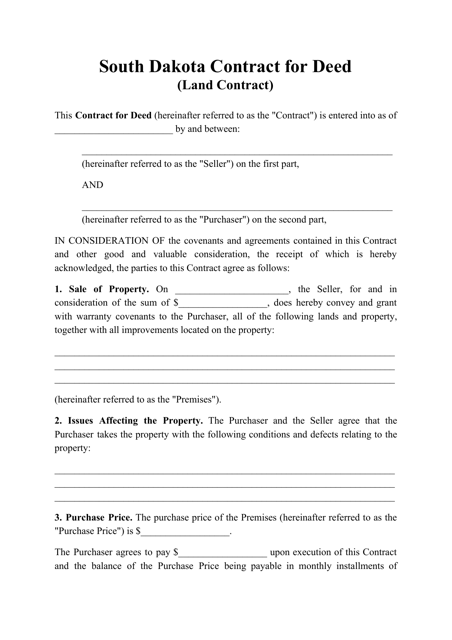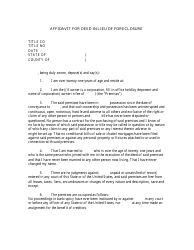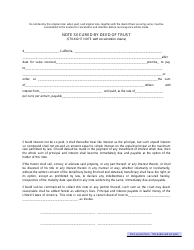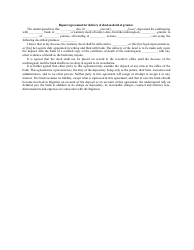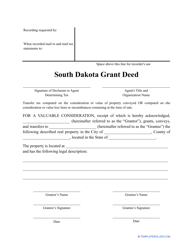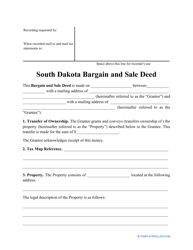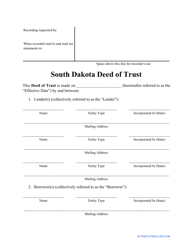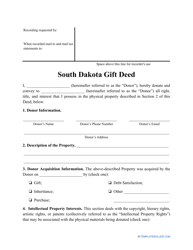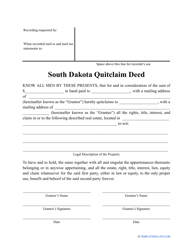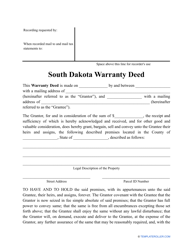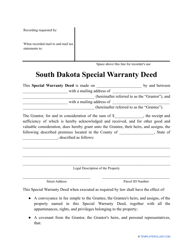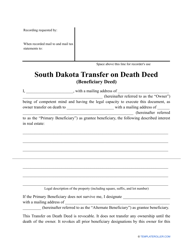Contract for Deed (Land Contract) - South Dakota
A Contract for Deed, also known as a Land Contract, in South Dakota is a legal agreement between a buyer and seller for the purchase of real estate. It allows the buyer to make payments directly to the seller over a period of time, rather than obtaining a traditional mortgage from a bank. The buyer gains possession of the property immediately but the seller retains ownership until the full purchase price is paid.
In South Dakota, the contract for deed, also known as a land contract, is typically filed by the seller. However, it is always recommended to consult with a real estate attorney or local authorities for specific instructions and requirements.
FAQ
Q: What is a Contract for Deed?
A: A Contract for Deed, also known as a Land Contract, is a legal document used for the purchase of real estate where the seller provides financing to the buyer.
Q: How does a Contract for Deed work?
A: In a Contract for Deed, the buyer pays the seller in installments over a specified period of time. The buyer takes possession of the property, but the seller retains legal title until full payment is made.
Q: Is a Contract for Deed common in South Dakota?
A: Yes, Contract for Deed transactions are commonly used in South Dakota.
Q: What are the advantages of a Contract for Deed?
A: Advantages of a Contract for Deed include flexible financing options, no need for traditional bank financing, and potential tax benefits for the buyer.
Q: What are the risks of a Contract for Deed?
A: Risks include the buyer having limited rights until full payment is made, potential for seller default or foreclosure, and possible difficulties in obtaining financing if the buyer wants to sell the property before the contract is complete.
Q: Can a Contract for Deed be used for any type of property?
A: Yes, a Contract for Deed can be used for residential, commercial, or vacant land properties.
Q: Is it recommended to have a lawyer review a Contract for Deed?
A: It is highly recommended to consult with a real estate attorney before entering into a Contract for Deed to ensure that your rights and interests are protected.
